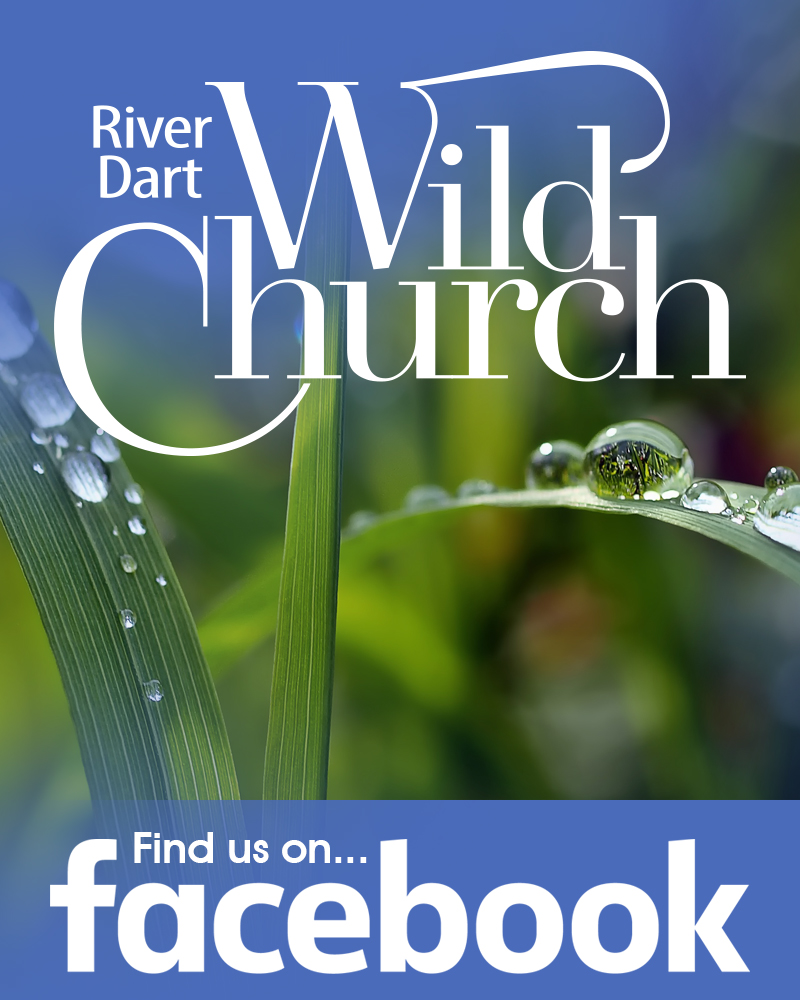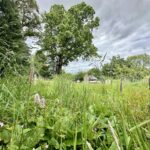In our Community of Sophia & Mary gathering today we returned to our matrons, with a focus on Sophia. Sometimes it can be hard to connect with Her. Many of us have grown up not really knowing well the Biblical wisdom texts (of Proverbs, Job, Ecclesiastes, Sirach and Wisdom). She is not a character with a story like Mary and, while there are Sophia icons and images, they are not as numerous or well known as Marian ones. Yet we have found that making the effort to reclaim Her can be deeply healing and nourishing.
So today we had had a glimpse again at some of the source texts where we can read about Hokhmah- (Hebrew)-Sophia (Greek)-Sapienta (Latin)-Wisdom. Perhaps that is part of the disconnect: that wisdom is often simply a word, a quality, a virtue, a divine energy which happens to have a feminine gender in the Bible. Yet that in itself is also a blessing within texts that so rarely offer us women a sacred mirror showing our own female image. Also the ways in which the wisdom word is used in the Hebrew Bible have much to teach us. Of Solomon it was said:
‘He would speak of trees, from the cedar that is in the Lebanon to the hyssop that grows in the wall; he would speak of animals, and of birds, and reptiles and fish. People came from all places to hear this wisdom.’ (1 Kings 5: 13-14).
That is a kind wild wisdom I can resonate with! More generally in the Hebrew Bible Hokhmah wisdom often refers to practical skill, from spinning to administration, from mourning to magic (Hunter, 2006, p 9-12). I remember a tutor at the Prince’s School of Traditional Art telling me how the mastering/mistressing of a traditional art depends on muscle memory, on the years spent practising the skills of hand, heart and mind and cultivating that deeply embodied wisdom.
Yet wisdom is not only a word, in some texts she speaks as an embodiment of the divine and we can glimpse a long lost Goddess. The oldest Hebrew wisdom texts date back to about 500 BCE, to when She lived alongside other Goddesses of wisdom and power, as shown in Max Dashu’s wonderful wisdom scroll above. In our times I think more people have heard of the Egyptian Maat or the Indian Kali (both shown above – more details here) than the Hebrew Hokhmah, shown embodied here in images of the cherubim who graced the Ark of the Covenant and whose wings held a space for the divine presence. A later text, Ecclesiasticus or Sirach, also speaks of covenantal or relational wisdom as the Goddess Hohkmah speaks:
‘In three things I was beautified,
And stood up beautiful before the Source and before all beings:
The concord of companions, and friendship of neighbours,
A spouse with their beloved, that walk together in harmony.’ (Sirach 25:1)
To borrow some words from the Future Church ‘Women Erased’ series (here’s one I like from Wilda Gafney, with thanks to Cathy for sending it to me), perhaps part of the problem we have with connecting to Sophia, is that our wisdom Goddess has been largely erased. It’s time we reclaimed Her!








Leave a Reply